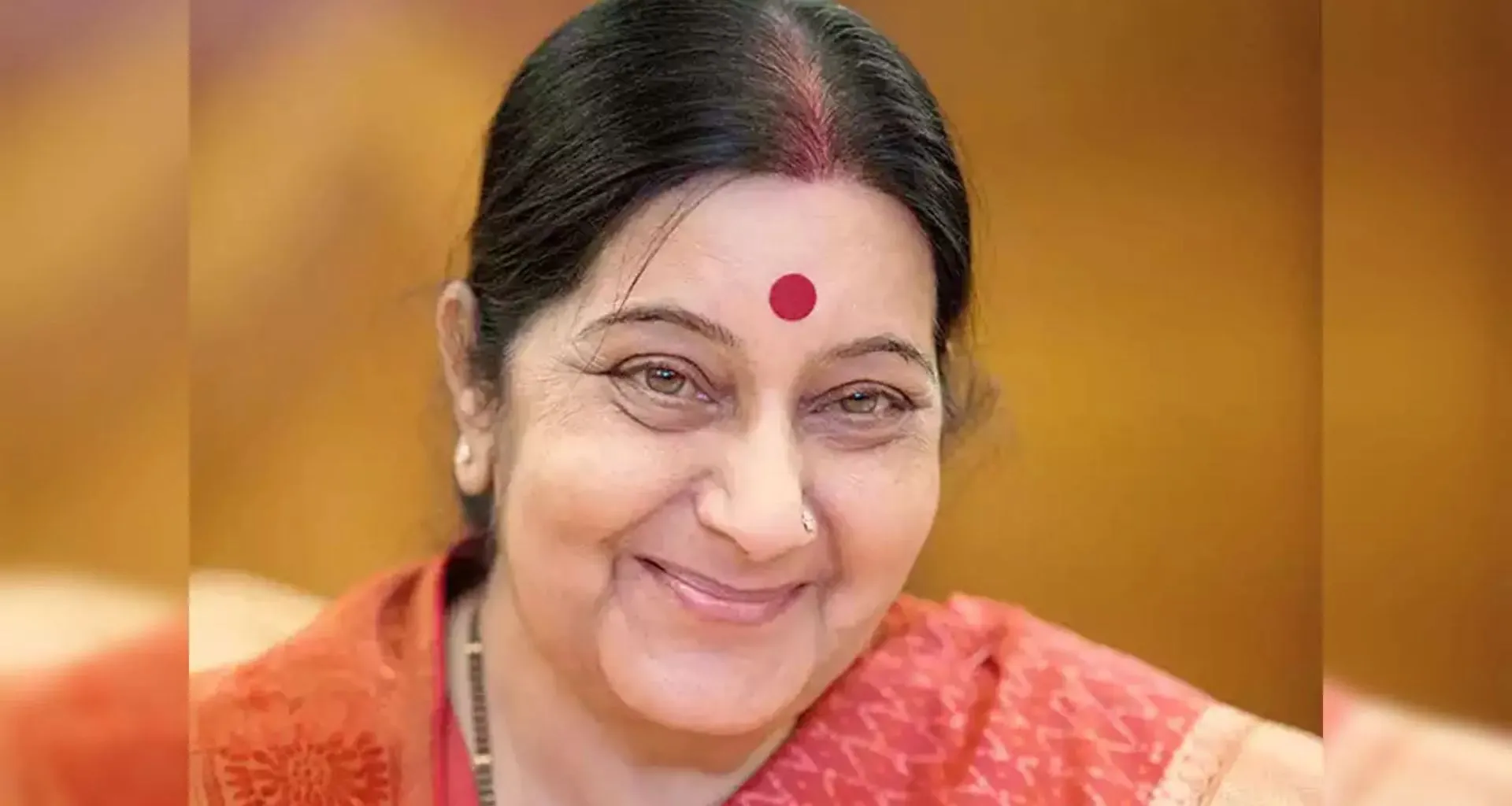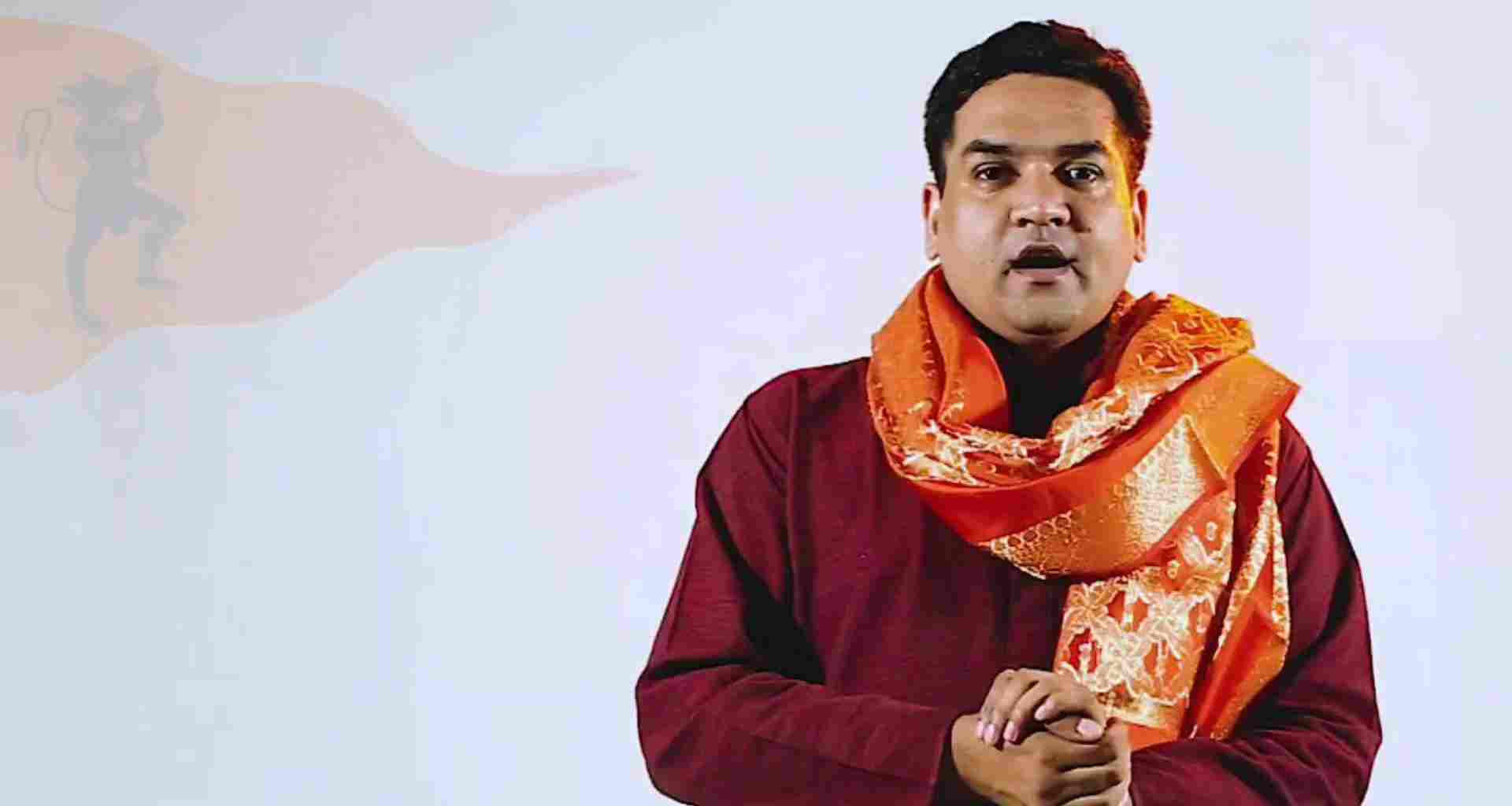Rahul Gandhi, an iconic political figure from the illustrious Nehr-Gandhi family, has been center stage in the political landscape of India for decades. This article will deal with the life journey, political career, major achievements, and the legacy left behind by Rahul Gandhi, providing the reader with a rounding comprehension of how he contributed to the making of Indian politics.
Born, Early Life and Family Background
Born on June 19, 1970, in New Delhi, Rahul Gandhi belongs to the most illustrious Nehru-Gandhi family, with a vast legacy in Indian politics. He is the son of Rajiv Gandhi, the former Prime Minister of India, and Sonia Gandhi, the former President of the Indian National Congress (INC). Throughout his childhood days, Rahul Gandhi was engulfed by the political legacy of his family, with the Nehru-Gandhi dynasty having been, since India’s independence, the backbone of Indian politics: acceptable or not.
Rahul Gandhi was educated in reputed institutions in India and abroad, including Harvard University and the University of Cambridge, which gave him a solid political base for his future endeavors. He grew up witnessing many vivid instances operating on various aspects of Indian society and politics, which indoctrinated within him a very strong sense of responsibility towards serving the people of India.
Entry of Rahul Gandhi Into Politics
On Rahul Gandhi’s official admission to the political scene in 2004, when he stood for election from Amethi in Uttar Pradesh for the Lok Sabha and won, thus marking the formal beginning of his political career with the then oldest political party in India, the Indian National Congress (INC). With the privileges enjoyed by a person of political lineage, Rahul Gandhi was doubted and criticized right from the beginning, with many questioning his leadership credentials and political savvy.
Despite the initial trouble, Rahul Gandhi has over time established himself in the INC, partaking vigorously in party matters and engaging with grassroot workers and party leaders. Soon, he climbed the party’s hierarchy, working in different capacities and thereby shouldering multiple responsibilities within its organizational framework.
Leadership in the Indian National Congress
In 2013, Rahul Gandhi was appointed Vice President of the Indian National Congress, signalling that he was the heir apparent to his mother Sonia Gandhi, who was at that time still serving as party president. This elevation stood as an important milestone in Rahul Gandhi’s political journey, as it symbolized an increasing prominence for him in the party hierarchy.
In December 2017, in a period marked by a crucial juncture for the party, he officially took over the President’s role of the INC from his mother. He put his feet profoundly on the road for the rejuvenation and revitalization of the Indian National Congress after becoming president by advocating for important structural reforms and the renewal of the organization.
Under Rahul Gandhi’s leadership, the INC aimed to take on the key challenges facing the country: economic inequality, social injustice, and communalism. He championed policies that empowered marginalized communities toward an agenda of inclusive growth to protect the nation from communalism with a secular fabric.
Political Ideology and Vision
The tenets of Rahul Gandhi’s political ideology comprise a commitment to secularism, social justice, and inclusive development. Through thick and thin, the politician has remained firmly committed to the rights of the underprivileged and the welfare of marginalized sections of society.
Over the course of his political career, Rahul Gandhi has been consistent in his voice against the ruling Bharatiya Janata Party (BJP) and its policies-from economic inequality to communalism to authoritarianism. He has claimed to be the bulwark of democratic values and constitutional principles, repeatedly defending democratic institutions and civil liberties from assault.
During the 21st century, he focused on the paramount importance of the human element as relating to education, health, jobs, and environmental sustainability to keep send-off furrows through which India could progress, given that the 21st century is essentially the century for the youth.
Legacy and Impact-Rahul Gandhi Controversies
Rahul Gandhi’s legacy in Indian politics, however, remains debatable and highly contentious-one school of thought proclaims him to be an untainted leader who is sincerely trying to ensure the welfare of the people by removing social and economic disparities for the cause of inclusive development.
The other school of thought sees his fellow leaders running down him, calling him an incompetent leader who botched up the Congress-i.e., electoral defeats and chaos during his presidency. These criticisms notwithstanding, Rahul Gandhi remains a key political player in contemporary India, poised to remain an influencing factor in the future political time of India.

Personal Life and Interests
Outside of politics, Rahul Gandhi is known to be interested in technology, the environment, and sports. He has worked for the environmental conservation and sustainable development of various initiatives and along with it tries to advocate policies for the management and protection of climate change and natural resources.
Rahul Gandhi is a sports lover and loves activities like cricket and martial arts. His sporting spirit epitomizes his belief in physical fitness and sportsmanship being the two vital components of holistic development.
Rahul Gandhi Controversies
- Citizenship Controversy:
- His status as a citizen was put in doubt in 2015 when, in an annual return to a British company, he reportedly declared himself to be a British citizen. Although Gandhi’s spokesperson subsequently stated that he was a British citizen by birth but relinquished it, this status was the cause for much debate and criticism from political adversaries.
- 2006-2007 Office of Profit Controversy:
- Criticisms were faced by Rahul Gandhi in 2006-2007 for being the General Secretary of the Indian Youth Congress (IYC) and National Students Union of India (NSUI) while being an incumbent member of the Lok Sabha, which was seen as an “office of profit”; he resigned from his parliamentary seat from Amethi to mitigate the controversy.
- Hindu Terror Remark:
- In 2013, His remark on a Hindu rally where he spoke of Hindutva extremists as being responsible for the assassination of Mahatma Gandhi, became the source of a hot controversy. His comments attracted criticism from political opponents and Hindu groups, who alleged he defamed Hindus and was trying to appease the minority vote. Rahul Gandhi Controversies.
- Dynasty Politics Comments:
- Rahul Gandhi has earned much ire for being associated with what is today a well-established cause: dynastic politics. It is the cause of his lineage from what has been a dominant constituency in the Indian National Congress (INC) for generations – the Nehru-Gandhi family. Critics argue that his rare entry into the political arena was mainly because of family lineage rather than merit or achievement.
- Accusations of Inaccessibility:
- Inaccessibility or evincing a tendency to be aloof from life is his strong criticism, and even that will make the opposition question leadership and commitment to grassroots issues. Critics further charge that the “privileged upbringing” has created this chasm with the masses, underneath which “he does not have credibility as a political leader.”
- Setbacks in Elections:
- He has had severe electoral setbacks in the general elections of 2014 and 2019, among others despite being one of the most important leaders in the INC. From his inability in leading the party to a victorious electoral campaign, serious doubts have been raised about his capabilities to lead and strategies for elections.
- Consistency Problems:
- In addition to a plethora of other issues, he has simultaneously been charged with causing confusion with inconsistencies on various policy issues and in political positioning. Many attack him for not being clear and decisive, and that has diminished his credibility in their eyes. Rahul Gandhi Controversies.
Conclusion
From scion of a political dynasty to a key player in Indian politics, his journey reflects the intricacies and dynamism of Indian democracy. Admired or disparaged, his impact on Indian politics cannot be denied. His legacy will be closely observed and analyzed as he engages with the continuing challenges and opportunities of Indian politics for decades to come.
Social Media Accounts
- Twitter- Rahul Gandhi (@RahulGandhi) / X
- Instagrma- https://www.instagram.com/rahulgandhi/
- Facebook- https://www.facebook.com/rahulgandhi/
Also Read: Narendra Modi: A Comprehensive Look at His Achievements, Legacy, and Political Career
References
- Shri Rahul Gandhi – Indian National Congress
- Rahul Gandhi -Wikipedia
- Shri Rahul Gandhi – Digital Sansad


